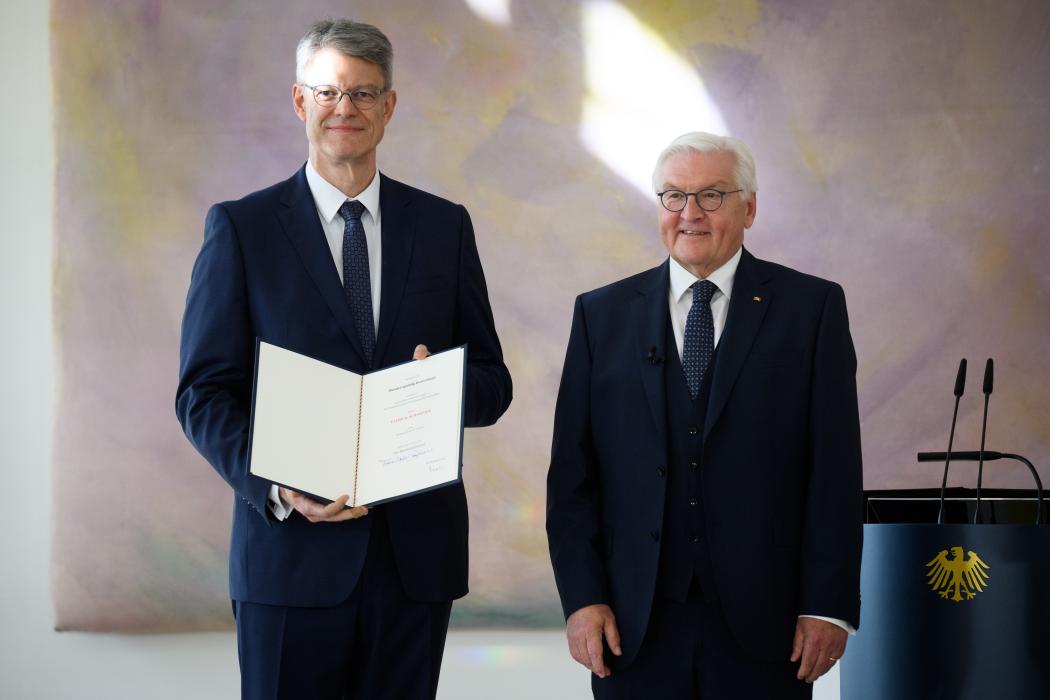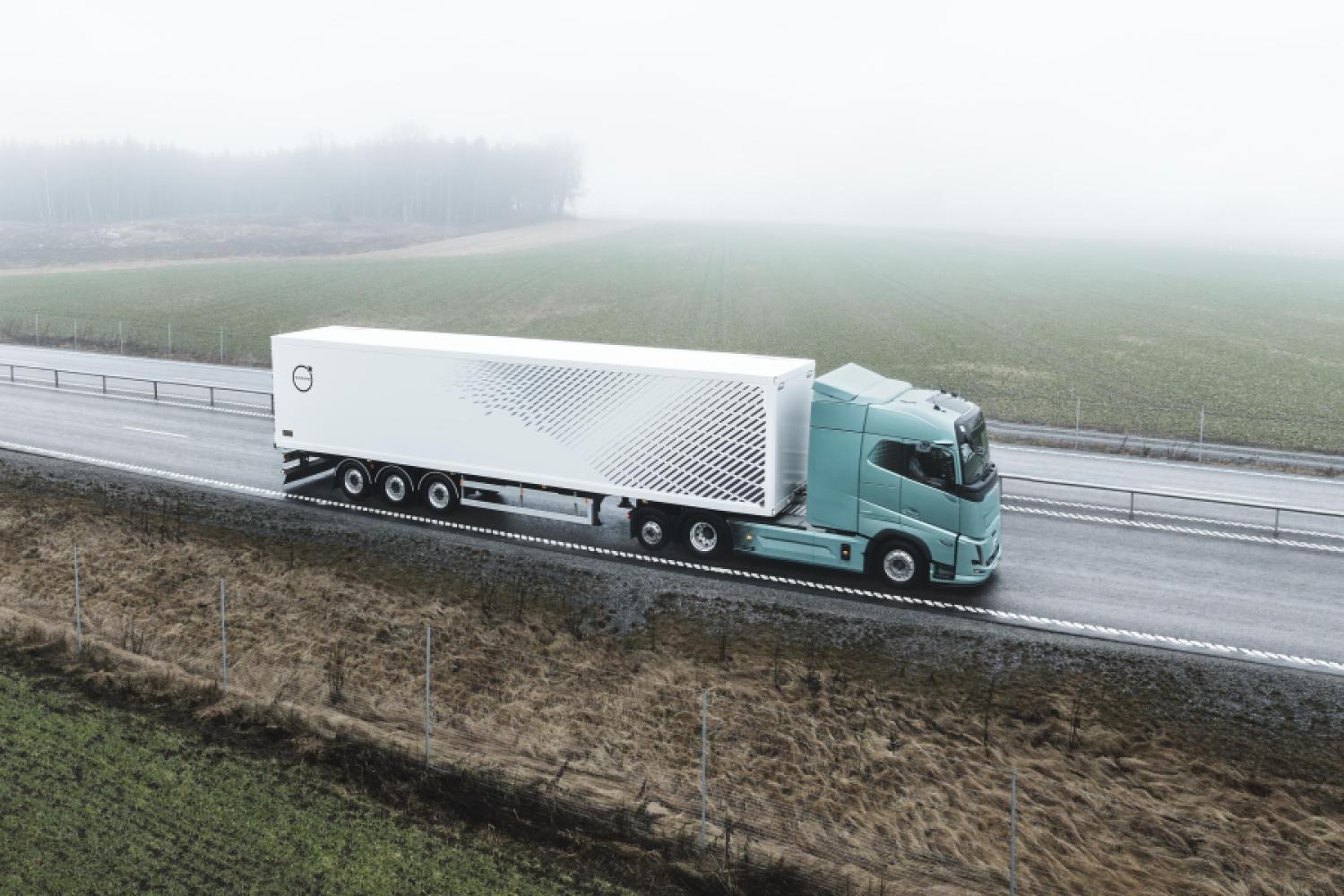The CDU politician Patrick Schnieder was appointed as the Federal Minister of Transport of the Federal Republic of Germany on May 6th during the appointment of the new Federal Cabinet. Schnieder succeeds Volker Wissing in this role.
Born in 1968 in Kyllburg in the Eifel, Schnieder is a trained lawyer and prior to taking office as Federal Minister of Transport, he was the Parliamentary
Managing Director of the CDU/CSU parliamentary group, a deputy member of the Transport Committee, and Chairman of the Parliamentary Group Belgium-Benelux. He was elected to the Bundestag in 2009. From 1999 to 2009, he was the mayor of the municipality of Arzfeld in the Eifel district of Bitburg-Prüm.
Commitment to Electrification in Rail and Highway Expansion
In the field of transport, Schnieder has so
far primarily focused on a robust infrastructure in his home state of Rhineland-Palatinate. This included his commitment to closing the gap on the A1 as well as the electrification and double-tracking of the 160-kilometer-long Eifel route.
Schnieder is expected to play a key role as Minister of Transport in the implementation of the new federal government's multi-billion euro infrastructure package.
Ministry Restructured
Schnieder takes
over the Federal Ministry of Transport with changes. The previous area of responsibility for digitization is now placed in its own ministry for the first time with the new legislative period. This also leads to a renaming. It is now again called the Federal Ministry of Transport (BMV).
Christian Hirte (ICDU) and Ulrich Lange (CDU) are to support the new Federal Minister as Parliamentary






